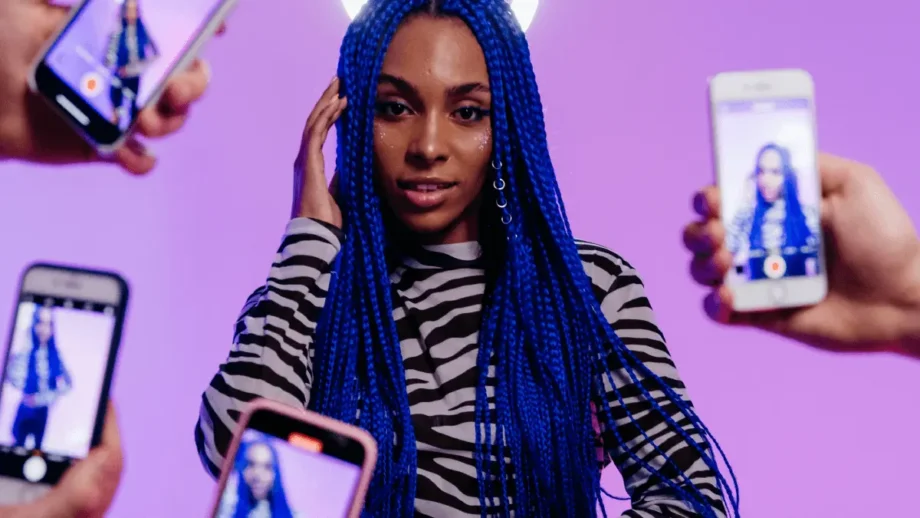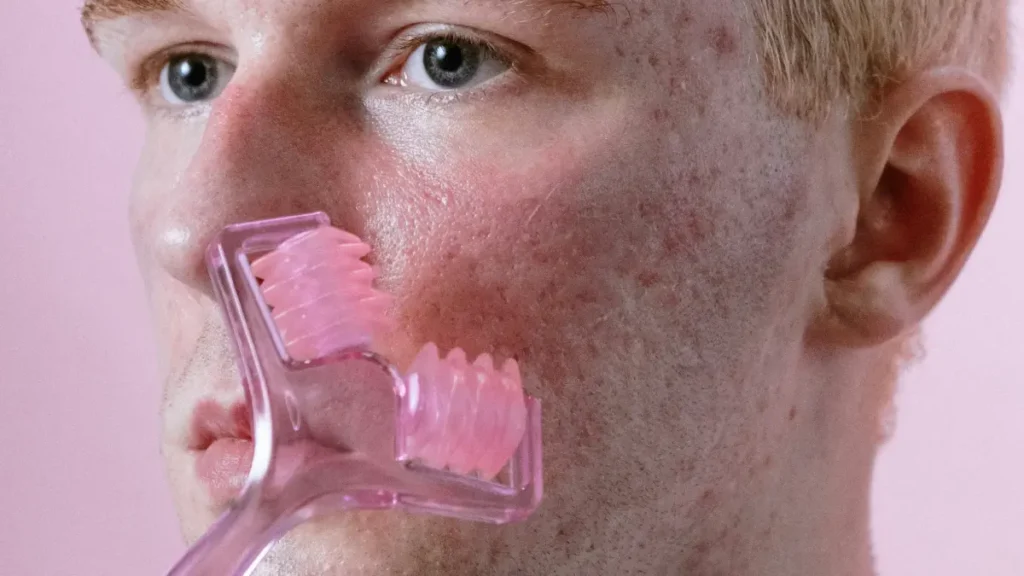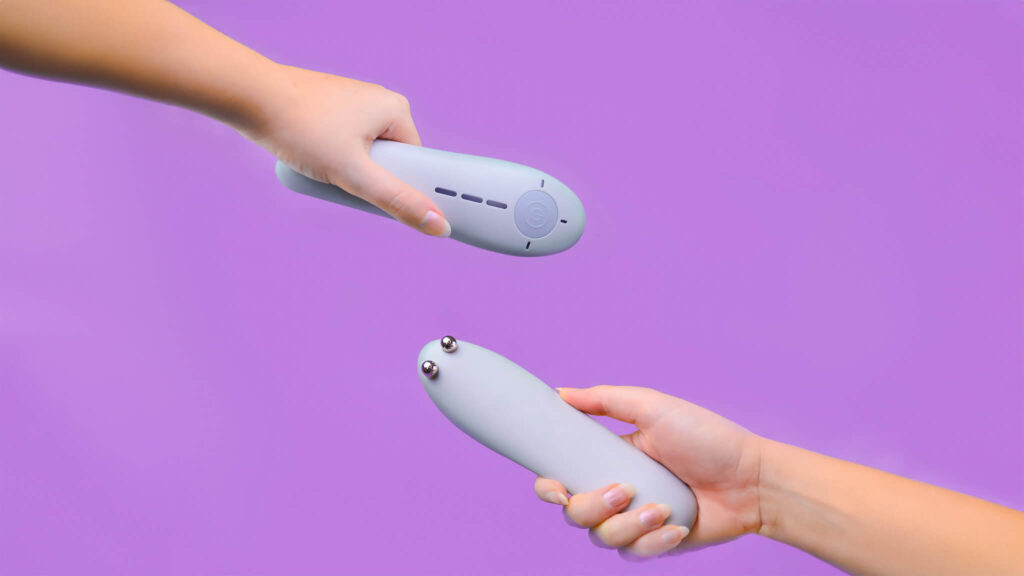In recent years, social media platforms have introduced a myriad of fun and entertaining filters, allowing users to transform their appearance with just a tap of a button. Among these filters, the “aging filter” has gained significant popularity, offering users a glimpse into their future selves. While the aging filter may seem like harmless fun at first glance, its widespread use has raised concerns about its potential negative impacts on self-esteem, body image, and mental health. In this blog post, we’ll explore the phenomenon of the aging filter and shed light on its real world consequences.
The Rise of The Aging Filter
Introduced as a playful feature on the TikTok platform, the aging filter quickly captivated users worldwide. With its ability to digitally age users’ faces, the filter sparked a viral trend, with millions of users eagerly participating in the aging challenge to see how they might look in their later years. From laughter to shock, reactions to the filter varied widely, but its allure remained undeniable.
Real World Impacts
Body Image Issues:
For some users, seeing their aged reflections through the filter can trigger body image insecurities and dissatisfaction. The filter may highlight perceived flaws or imperfections, exacerbating existing body image issues and contributing to feelings of inadequacy.
Fear of Aging:
The aging filter’s portrayal of aging as a negative or undesirable process may instill fear and anxiety about growing older. Instead of embracing the natural aging process, individuals may feel pressured to resist or reverse aging, fueling the demand for invasive cosmetic procedures and dramatic anti-aging measures.
Impact on Mental Health:
Repeated exposure to the aging filter and its associated commentary can take a toll on mental health, particularly among vulnerable populations. Constant comparison to digitally altered images may contribute to feelings of depression, anxiety, and low self-worth, undermining overall well-being.
Navigating Filters
Critical Media Literacy:
Encourage critical media literacy skills to help users recognize and analyze the digital manipulation present in filters like the aging filter. By understanding the artificial nature of these images, individuals can better contextualize their perceptions and maintain a healthy skepticism.
Mindful Social Media Use:
Promote mindful social media use by encouraging users to approach platforms like TikTok with intentionality and self-awareness. Encourage users to curate their online experiences, unfollow accounts that promote unrealistic beauty standards, and prioritize mental health and self-care.
Embracing Authenticity:
Shift the focus from unrealistic beauty ideals to authentic self-expression and diversity. Celebrate the beauty of aging and encourage users to embrace their unique features and experiences, free from the pressure to conform to narrow standards of beauty.
While the TikTok aging filter may offer a momentary thrill, its long-term impact on self-esteem, body image, and mental health warrants careful consideration. By raising awareness of the filter’s negative consequences and promoting critical media literacy and mindful social media use, we can empower individuals to navigate the digital landscape with confidence and resilience. Let’s strive for a culture that celebrates authenticity and embraces the beauty of aging, free from the constraints of unrealistic filters and expectations.
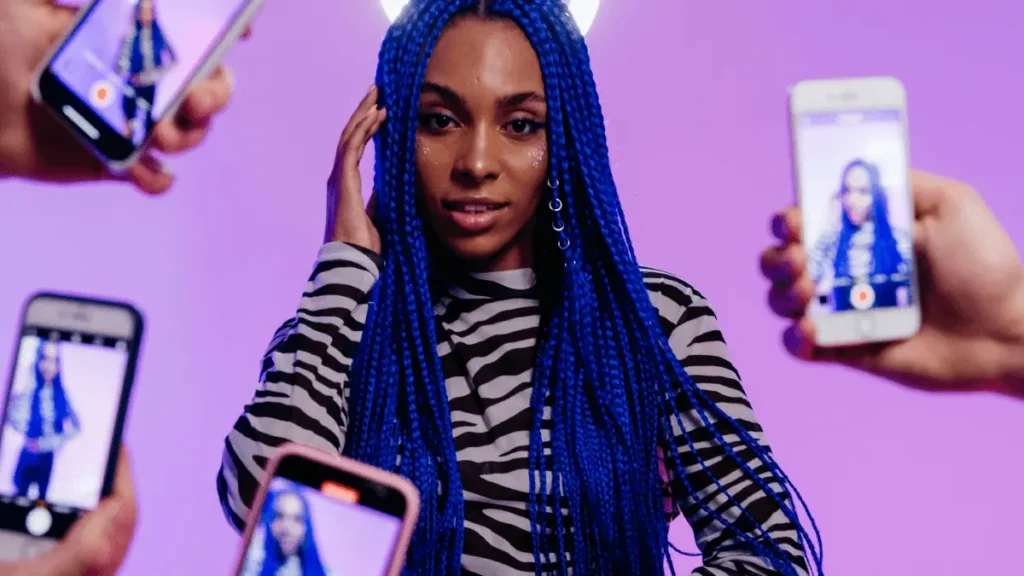
This article is brought to you by
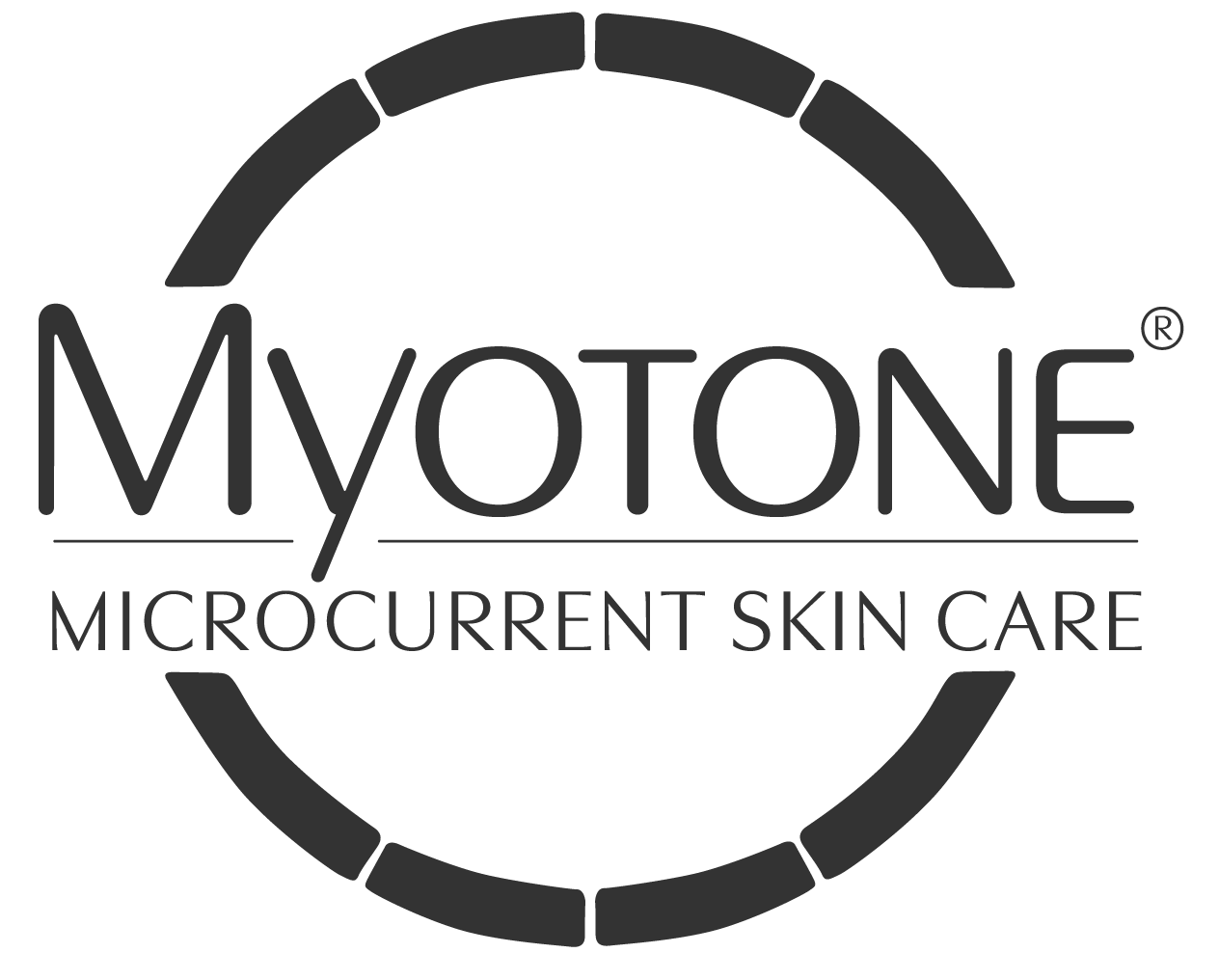
Learn More ⭢
